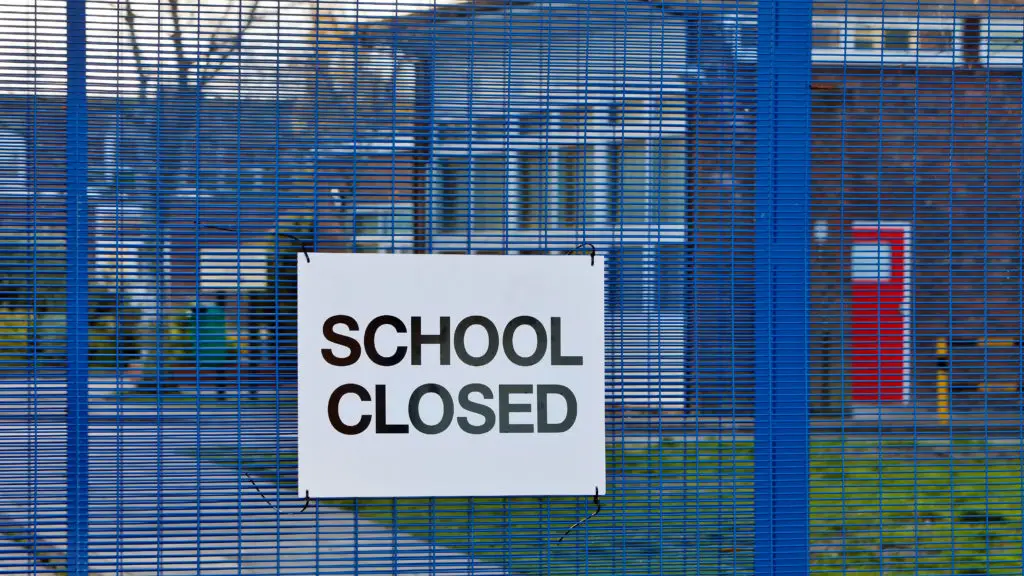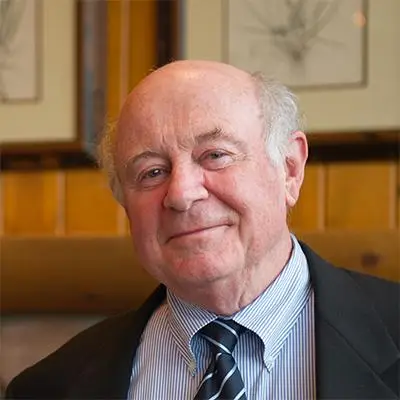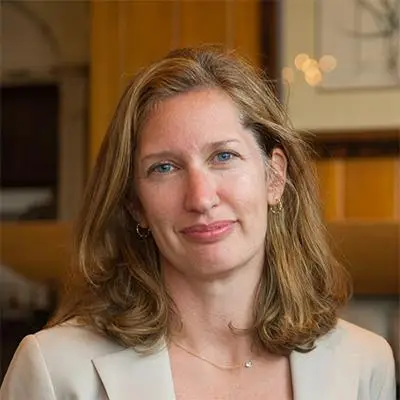School opening, like mask wearing, has become a wedge issue in national politics.
First, Senator Rand Paul attacked Dr. Anthony Fauci for excess caution on the topic. Now President Trump is demanding that all schools return to full in-person mode in the fall, and has threatened to cut funding for schools that don’t. The President has also tweeted, “Corrupt Joe Biden and the Democrats don’t want to open schools in the Fall for political reasons, not for health reasons! They think it will help them in November.”
It’s unfortunate that the president has turned the nation’s school children into political pawns. But partisan squabbling about school opening is like debating what days the cow should be required to jump over the moon. Nature is in charge, not politicians. Everyone from pediatricians to employers to burned-out parents and bored teachers wishes schools could open just as they did in fall 2019.
Some parents are apparently ready to disregard the risks, and national politicians might persuade a few more. But people who live in extended families with elderly relatives, educators with risk factors including age, and Black and Hispanic parents who are more likely to know people who have been sickened by or died of COVID-19 won’t accept bombast as a substitute for fact.
In interviews conducted this month, big-city superintendents told us they feared that thousands of parents would keep their kids out of schools, waiting to see how safe they were. The same with teachers: no one knows how many will retire at the last minute or insist on teaching and tutoring from home.
Individual beliefs and behavior, not policy, will determine whether kids come to school. Other events that are out of politicians’ control will determine whether schools can stay open. If a new study showing long-term harm to children who contract COVID-19 were to appear, or local spikes in infections forced everyone back into their homes, schools would shut down again. Changing public health conditions have forced schools to close in countries that reopened schools quickly, like Israel, France and Hong Kong.
A return to school is a lot like reopening the economy. It’s sorely needed, but if done carelessly or too soon it can hurt the cause it was supposed to help. In the unlikely event President Trump got his way and all schools reopened in full in-person mode, his electoral prospects, and the economy, could be in worse shape than they are right now.
We have studied school districts’ response ever since the COVID-19 crisis began in March. Most are planning for contingencies and getting ready to assemble kids in smaller groups and help them learn part-time from home. Some are getting ready to greatly expand remote learning if another shutdown is necessary. The next year will be difficult, even for those best prepared, and some schools and districts might find that even smart contingency planning was not enough.
School reopening will complicate local politics. Employers, eager and reluctant parents, younger and older teachers, and aspiring online education vendors will try to tilt district practice in their preferred direction. No two localities will have the same set of needs, district capacities, risk factors, and current rates of virus reproduction.
Local leaders need evidence (about good ways of mixing in-person and online learning, safe spaces for in-person schooling, and virus exposure testing) and flexible funding. The federal government could provide a lot of what’s needed, if its top leaders were committed to problem-solving—not looking for wedge issues.
It’s ironic that a Republican president should try to bully local educators. Republicans rejected George W. Bush’s No Child Left Behind and Barack Obama’s Race to the Top as violations of the norm of local control. Trump’s new demands are more preemptive, blind to risks and needs, and destructive of local control than any previous federal program.
School opening is hopeless as a wedge issue: parents and educators will do what they must to preserve health and safety, no matter what politicians say. Aspirants for national office who press for unrealistic actions risk looking out of touch and powerless.





